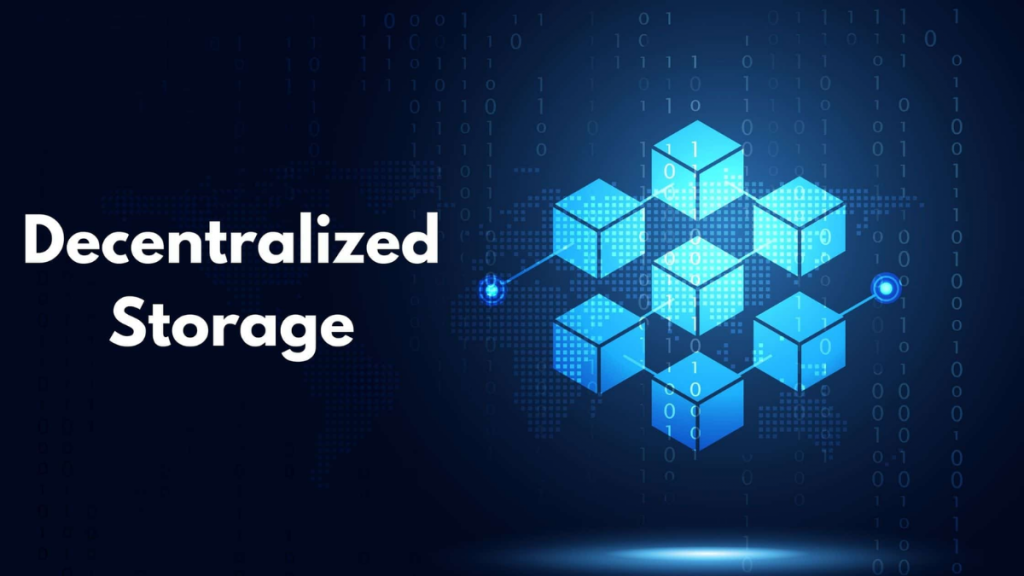In today’s world, businesses process vast volumes of data. However, more often than not, these pieces of data are rarely discarded. They are often stored as historical records and used to make subsequent business decisions. The need to store these vital data led to the emergence of data warehouses.
Here, we will discuss the concept of data warehouses and the problem with centralization. We will also highlight the potential benefits of data warehouse decentralization.
What are Data Warehouses?
Data warehouses are repositories of business data. These warehouses collect, store, and manage historical data belonging to corporate institutions. While data warehouses can be updated with relevant data, the information stored cannot be edited. This is because stored information is often used to analyze trends in the business and make important decisions. Since the data cannot be edited, users can be assured of its security and reliability.
Centralization of Data Warehouses
Data warehouses have been centralized since their inception. This means that information is stored, processed, and managed in one location. In this case, a single data warehouse processes and feeds needed information on demand. However, there are some problems with this centralized nature.
First, a single data storage and processing source can be problematic for institutions that store huge data volumes. As more data is fed into the centralized warehouse, its performance might slow down. This will significantly affect its effectiveness. Another challenge is that centralized data warehouses are susceptible to hack attacks. Their single storage sources make them easier to manipulate by bad actors.
In the current era of decentralization, particularly with blockchain technology, some experts are suggesting decentralized data warehouses as a solution to the current challenges with centralized warehouses.
Decentralized Warehouses
As the name implies, decentralized data warehouses are data management systems that process and store data in multiple locations. These warehouses process data according to specific regions within the business. This way, departments can easily access the data they need for analytics. Since decentralized warehouses started to grow, some companies have adopted them. The first decentralized data warehouse startup has also emerged. The company recently raised $20 million in a funding round.
There are numerous benefits of the decentralized data warehouse. First, it improves performance, especially for large institutions. As far back as 2010, some scholars wrote a paper on the feasibility of a decentralized data warehouse strategy. They found that the decentralization of data warehouses could trigger better performance and reduce execution time by about 80%.
Another benefit of decentralized data warehouses is that they simplify data warehousing and facilitate easier access to information. Because the data does not rely on a single processing or storage source, the business can have access to its data in real time. Decentralized data warehouses can also provide better security for business data.
Final Thoughts
Why decentralized data warehouses are undoubtedly beneficial, it is vital to determine whether they suit your business. This is because decentralized data warehouses are often more suitable for large organizations with substantial data loads.




























